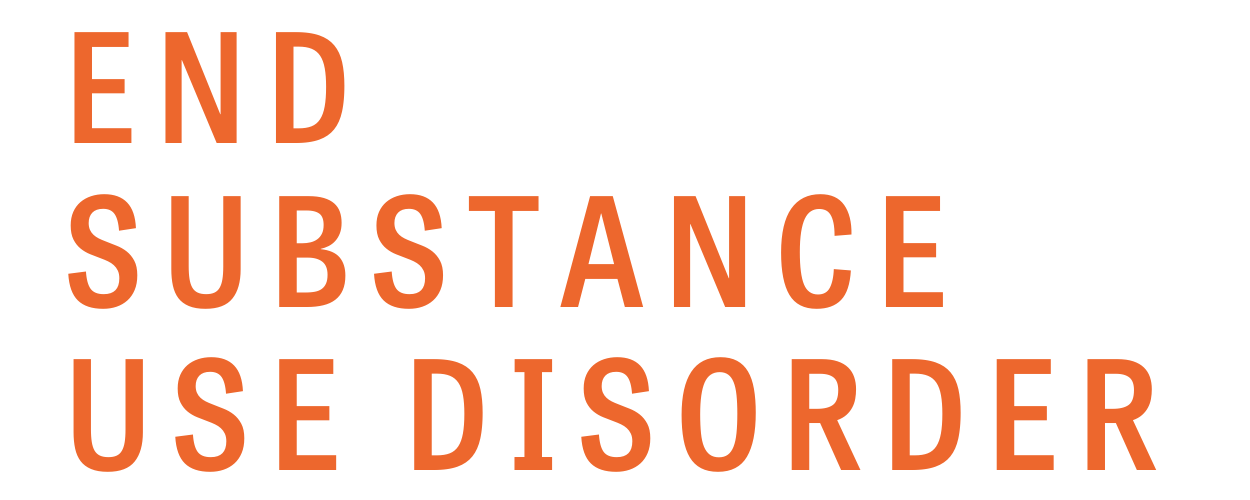End Substance Use Disorder Applauds U.S. House Committee for Passing MAT Act by Overwhelming Vote
In a victory for safety from overdoses, the U.S. House’s Energy and Commerce Committee voted by a strong majority to move the bipartisan Mainstreaming Addiction Treatment Act (“MAT Act”) to the House floor today. The MAT Act will prevent overdoses, increase access to treatment, and reduce stigma by removing outdated rules that prevent health care providers from prescribing lifesaving medication for opioid use disorder.
The vote in favor of the MAT Act was overwhelming. Both the Democratic and Republican leaders on the committee voted for the bill. They joined a majority of both of their parties in voting for this common-sense solution to open the doors of treatment and recovery for millions.
“More than a million families have buried a parent, child, brother, or sister due to an overdose over the last two decades. And if we fail to act, a million more loved ones will die from overdoses over the next ten years. We must ensure that everyone receives the treatment they need to stay safe from overdoses, regardless of where they live or what they can afford,” said Erin Schanning, president of End Substance Use Disorder and a big sister who lost her little brother, Ethan, to an overdose. “The Mainstreaming Addiction Treatment Act will reduce stigma and increase access to a lifesaving treatment that supports long-term recovery. We applaud the Energy and Commerce Committee for acting to protect our communities from overdoses. And we particularly thank Rep. Paul Tonko, Rep. Mike Turner, Chair Frank Pallone, and Ranking Member Cathy McMorris Rodgers for their leadership to save lives and support healing.”
The MAT Act will help integrate substance use treatment into the health care system by equipping health care providers with a safe and effective medication to protect against overdoses and support recovery. This medication, buprenorphine, is recognized by public health officials as a gold standard of care for opioid use disorder. It cuts the risk of overdose death in half by preventing painful withdrawal symptoms and reducing opioid cravings. People are far more likely to achieve recovery when they have access to buprenorphine than when pursuing other treatments. In addition, Veterans who receive the medication are 65% less likely to commit suicide.
But, due to outdated federal rules, only about 1 in 10 people with opioid use disorder receive medications for the condition, including buprenorphine. Federal law allows all medical providers with a controlled medication license to prescribe buprenorphine to people in pain. But to prescribe the exact same medication to a person with substance use disorder, healthcare providers are subject to onerous requirements, including a 2-3 month registration process with the federal government, limits on the number of patients they can treat, and inspections of their patient records. These restrictions foster stigma: They do not apply to any other medical condition in the country. The National Academy of Sciences, Engineering, and Medicine has said these restrictions on prescribing a safe, effective recovery medication are outside the bounds of evidence.
The Mainstreaming Addiction Treatment Act removes these outdated barriers and allows all health care providers with a standard controlled medication license to prescribe buprenorphine for opioid use disorder just as they prescribe any other essential medication. The MAT Act will help stem overdose deaths across the country - particularly among Veterans, communities of color, pregnant people, and rural communities, all of whom suffer from a severe lack of access to this lifesaving treatment.
The Mainstreaming Addiction Treatment Act is the most broadly supported overdose prevention bill introduced in the House of Representatives this session. A bipartisan majority of the U.S. House of Representatives has co-sponsored the MAT Act. Both President Biden and President Trump took executive action on the policy and both of their former Directors of the Office of National Drug Control Policy have called for Congress to pass the MAT Act. In addition, more than 440 organizations have endorsed the MAT Act. These organizations represent and serve millions of Americans and include people and families personally affected by the overdose crisis, recovery groups, social justice advocates, law enforcement, faith-based communities, healthcare and behavioral health providers, payers, and public health experts, among others. The major endorsing organizations include the American Medical Association, National Association of Attorneys General, NAACP, National Sheriffs Association, National Council for Mental Wellbeing, and others.
The Mainstreaming Addiction Treatment Act is expected to be considered by the full House of Representatives in June as part of the Restoring Hope for Mental Health and Well-Being Act.
Read the recent letter led by End Substance Use Disorder from 100+ organizations asking the House Committee to support the MAT Act.
